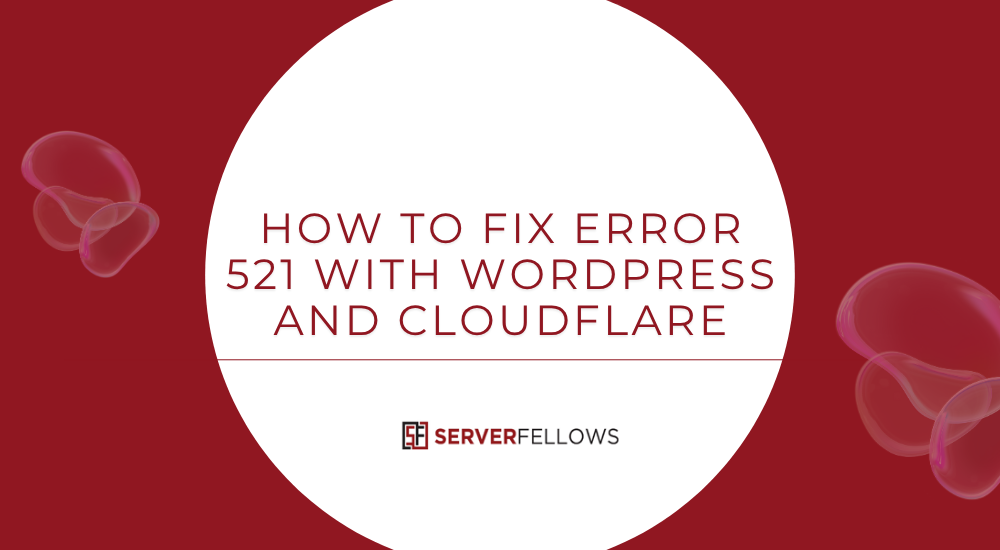
What Is a Web Hosting SLA?
When selecting a hosting provider, one of the most crucial factors to understand is the Web Hosting SLA—short for Service Level Agreement. This document defines the promises your hosting company makes regarding uptime, performance, and support. It’s a silent guardian of your website’s reliability, ensuring your online business runs smoothly without frequent downtime or unresolved technical issues.
At Serverfellows.com, we believe every website deserves the protection of a strong SLA—because your business depends on it.
Understanding the Web Hosting SLA
A Web Hosting SLA is a formal agreement between you and your hosting provider that outlines specific service standards. It details how much uptime is guaranteed, how quickly issues will be resolved, and what compensation you’ll receive if these promises aren’t met.
In simpler terms, an SLA defines the quality of service you can expect—and what happens if that quality slips.
For example, if your provider guarantees 99.9% uptime, it means your website shouldn’t experience more than 8.76 hours of downtime in a year. If it does, you may be entitled to a credit or refund under the SLA’s compensation terms.
These agreements create transparency, holding hosting companies accountable while giving you peace of mind that your website’s availability is not left to chance.
Why the Web Hosting SLA Matters
Without an SLA, you’re essentially relying on promises with no accountability. A solid Web Hosting SLA ensures that performance targets are not just marketing claims—they’re contractual commitments.
Here’s why it’s so important:
1. It Builds Trust and Reliability
An SLA assures you that the hosting provider takes its responsibility seriously. It signals that the company has the infrastructure, expertise, and systems in place to deliver on its uptime and support commitments.
Hosting companies like Serverfellows.com offer transparent SLAs that make reliability measurable—not just promised.
2. It Holds the Provider Accountable
If a hosting company fails to meet its uptime or response targets, the SLA defines what you’re entitled to—typically in the form of service credits or partial refunds.
This accountability protects your investment and ensures the host has an incentive to maintain optimal performance at all times.
3. It Protects Your Business Reputation
Even a few hours of downtime can harm a company’s credibility and cause lost revenue. A strong SLA ensures your provider treats uptime as seriously as you do.
Think of your SLA as a shield—keeping your website online and your customers confident in your brand.
Key Components of a Web Hosting SLA
A well-structured Web Hosting SLA should cover these crucial elements:
1. Uptime Guarantee
This is the backbone of every SLA. It defines how often your website will be accessible to users.
Most reputable providers promise 99.9% uptime or higher. Anything below that could mean frequent disruptions.
At Serverfellows.com, we guarantee a minimum of 99.9% uptime across all hosting plans, supported by redundant infrastructure and proactive monitoring.
2. Support Response Time
An SLA should specify how quickly the support team will respond to your issues—whether it’s a technical glitch or a server outage.
For mission-critical websites, fast response times can make the difference between a minor hiccup and a major loss.
3. Resolution Timeframe
While response time is about how quickly your ticket is acknowledged, resolution time defines how soon it will be fixed.
An SLA that clarifies both helps set realistic expectations and avoids ambiguity.
4. Compensation or Credit Policy
If uptime or performance falls below the agreed standard, you deserve compensation. A transparent SLA specifies exactly what you’ll receive—such as service credits or partial refunds.
5. Security and Backup Provisions
Many SLAs include commitments to protect data integrity and ensure secure operations.
This can include automatic backups, DDoS protection, and encryption standards to keep your information safe.
6. Maintenance Windows
Planned maintenance is necessary for performance and security updates. The SLA should define how these windows are scheduled and communicated so you can prepare accordingly.
How to Evaluate a Web Hosting SLA
Not all SLAs are created equal. Before signing up with any provider, take time to evaluate these factors:
1. Compare Uptime Guarantees
Anything below 99.9% uptime should raise red flags. The best hosts back their uptime with real compensation if they fall short.
2. Read the Fine Print
Some companies exclude “scheduled maintenance” or “network issues” from their uptime calculations. Always check for hidden clauses that may limit accountability.
3. Understand the Compensation Terms
If downtime occurs, how is compensation calculated?
Is it automatic, or do you need to submit a claim? Clarity here prevents future frustration.
4. Review Support Structure
Even with a great uptime record, you need responsive human support.
Look for hosts that guarantee 24/7 availability through multiple channels—like chat, email, and phone.
5. Transparency and Accessibility
A trustworthy hosting company publishes its SLA publicly and explains it clearly.
Serverfellows.com maintains full transparency—our SLA terms are clear, measurable, and free of hidden conditions.
Benefits of Choosing a Strong Web Hosting SLA
A reliable Web Hosting SLA does more than protect you legally—it improves your website’s stability and long-term success.
1. Predictable Performance
Knowing your uptime target helps you plan confidently. You can rely on consistent access for users and smooth operations for your business.
2. Reduced Risk of Loss
Downtime can lead to lost traffic, missed sales, and SEO penalties. An SLA mitigates that risk by holding providers accountable for every minute of downtime.
3. Improved Technical Support
When an SLA defines response and resolution times, your provider’s support team must adhere to high standards of service. This means quicker troubleshooting and minimal disruptions.
4. Financial Compensation
In rare cases where guarantees aren’t met, you’re entitled to credits or partial refunds—turning losses into tangible recoveries.
How Serverfellows.com Sets a Higher Standard
Not all hosting providers take SLAs seriously—but Serverfellows.com does.
Here’s how we differentiate ourselves:
- Guaranteed 99.9% uptime across all hosting plans
- 24/7 real human support with defined response and resolution timeframes
- Transparent compensation policy for any SLA breach
- Secure infrastructure with proactive monitoring and backups
- No vague clauses—everything is clearly documented and easy to understand
When you host with us, you’re not just renting server space—you’re investing in peace of mind backed by strong contractual commitments.
Common Mistakes to Avoid When Reviewing SLAs
Even experienced users make errors when choosing a hosting SLA. Avoid these pitfalls to make the right decision:
1. Ignoring the Fine Print
Always read every clause. Some providers advertise “99.9% uptime” but exclude several types of outages, effectively reducing the real guarantee.
2. Overlooking Support Commitments
Uptime is only half the equation. Ensure the SLA defines both response and resolution times, so you’re never left waiting endlessly for help.
3. Assuming All SLAs Are the Same
Each hosting company defines its SLA differently. Compare multiple options before finalizing your choice.
4. Not Tracking Performance
Your SLA is only effective if you monitor uptime and downtime regularly. Tools like third-party uptime monitors help verify whether your provider is delivering what was promised.
5. Choosing on Price Alone
Cheap hosting without a solid SLA often results in poor reliability.
Instead, look for value—transparent policies, fair compensation, and long-term trustworthiness.
For dependable and affordable hosting, Serverfellows.com strikes the perfect balance between cost and reliability.
FAQs on Web Hosting SLAs
Is a Web Hosting SLA legally binding?
Yes. It’s part of your contract and defines your rights if the provider fails to meet performance guarantees.
What’s considered a good uptime guarantee?
99.9% or higher is standard. Anything above that, such as 99.99%, is ideal for businesses that can’t afford even brief interruptions.
Do all hosting providers offer SLAs?
Not all. Some budget services skip SLAs to avoid accountability. Always verify the SLA before signing up.
Can SLA terms be negotiated?
In enterprise-level hosting, yes. However, most reputable providers like Serverfellows.com offer clear, standardized SLAs designed to protect all users equally.
What happens if my hosting provider fails the SLA?
You’re typically entitled to service credits or partial refunds, depending on the terms. The key is to report and document the downtime promptly.
Final Thoughts: Why Your SLA Choice Matters
A Web Hosting SLA is more than a legal document—it’s a foundation of trust between you and your provider. It defines how your website will perform, how quickly issues will be fixed, and what happens if expectations aren’t met.
In today’s digital economy, downtime equals lost revenue. Whether you’re running an e-commerce site, a portfolio, or a corporate page, your SLA determines your online resilience.
If reliability, transparency, and accountability matter to you, choose a provider that treats SLAs as promises—not policies.
Get SLA-backed hosting that keeps your website up and your business moving forward with Serverfellows.com—the smarter way to host.


